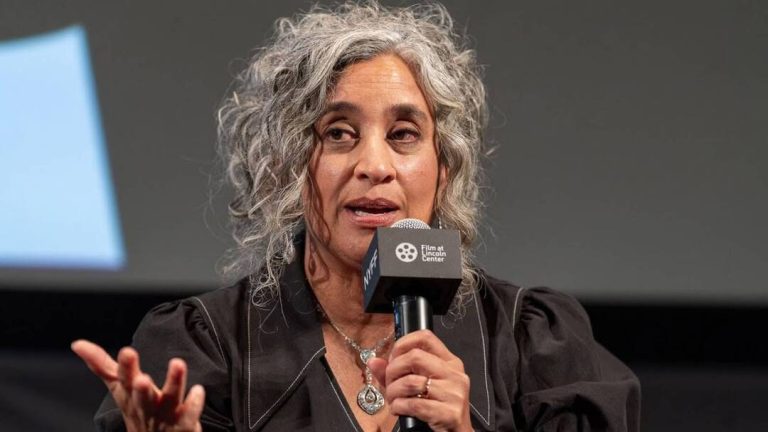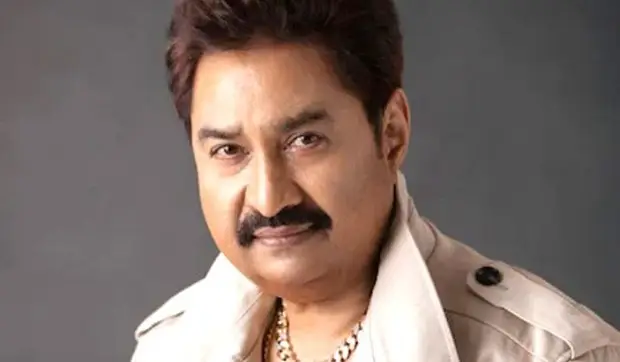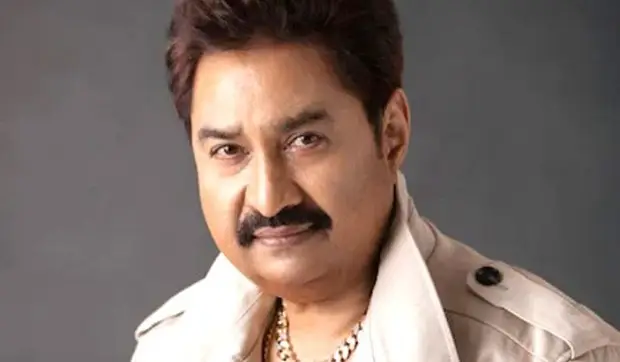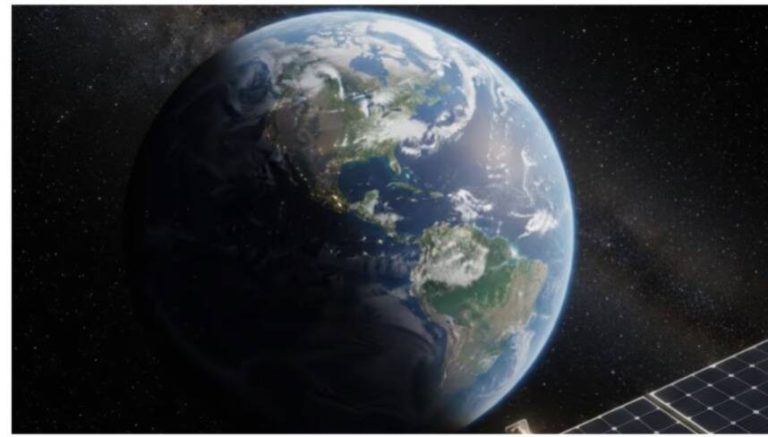
Kriti Sanon expresses concern over Delhi’s air quality
The national capital, Delhi, has been grappling with the issue of poor air quality for several years now. The city’s Air Quality Index (AQI) has been consistently poor, with the situation worsening during the winter months. The hazardous air quality has become a major concern for the residents of Delhi, and it seems that even celebrities are not immune to its effects. Recently, actress Kriti Sanon, who visited Delhi for the Teri Ishk Mein press meet with Dhanush, raised serious concern about the city’s worsening AQI.
Calling the pollution ‘worse and worse,’ the 35-year-old actress said on Saturday, “Something needs to be done; otherwise, it’ll reach a point where we won’t see each other standing next to us.” These words of concern from Kriti Sanon highlight the gravity of the situation and the need for immediate action to address the issue. The actress’s statement comes at a time when the city is struggling to cope with the hazardous air quality, which has been blamed for a range of health problems, including respiratory issues, cardiovascular disease, and even cancer.
The poor air quality in Delhi is a complex issue, with multiple factors contributing to the problem. One of the main reasons is the burning of crop residue in the neighboring states of Punjab and Haryana, which releases large amounts of pollutants into the air. The city’s geography, with the Himalayas to the north and the Thar Desert to the west, also traps the pollutants, making it difficult for them to escape. Additionally, the city’s rapid urbanization and industrialization have led to an increase in vehicular emissions, construction activities, and other sources of pollution.
The effects of poor air quality on human health are well-documented. Exposure to polluted air can cause a range of health problems, from mild symptoms such as coughing and sneezing to more serious conditions like asthma, lung cancer, and cardiovascular disease. Children, older adults, and people with pre-existing medical conditions are particularly vulnerable to the effects of air pollution. In fact, a study by the Lancet Commission on Pollution and Health estimated that air pollution is responsible for around 1.2 million deaths in India every year.
Kriti Sanon’s concern about Delhi’s air quality is not an isolated incident. Many celebrities and public figures have spoken out about the issue, using their platforms to raise awareness and push for action. The actress’s statement is a reminder that the issue of air pollution is not just a local problem, but a national concern that requires a collective response. The government, civil society, and individuals all have a role to play in addressing the issue and improving the air quality in Delhi.
So, what can be done to address the issue of poor air quality in Delhi? Firstly, the government needs to take concrete steps to reduce pollution from various sources, including vehicles, industries, and construction activities. This can be achieved through a combination of measures, such as implementing stricter emission norms, increasing the use of clean energy, and promoting public transport. Additionally, the government can launch awareness campaigns to educate people about the importance of protecting the environment and the simple steps they can take to reduce their carbon footprint.
Individuals can also play a crucial role in reducing air pollution. Simple actions, such as using public transport, carpooling, or cycling, can make a big difference. People can also reduce their energy consumption by using energy-efficient appliances, turning off lights and electronics when not in use, and using renewable energy sources like solar power. Furthermore, individuals can support organizations and initiatives that work to protect the environment and promote sustainable development.
In conclusion, Kriti Sanon’s concern about Delhi’s air quality is a timely reminder of the need for urgent action to address the issue. The poor air quality in Delhi is a complex problem that requires a collective response from the government, civil society, and individuals. By working together, we can reduce pollution, improve the air quality, and create a healthier and more sustainable environment for everyone.




